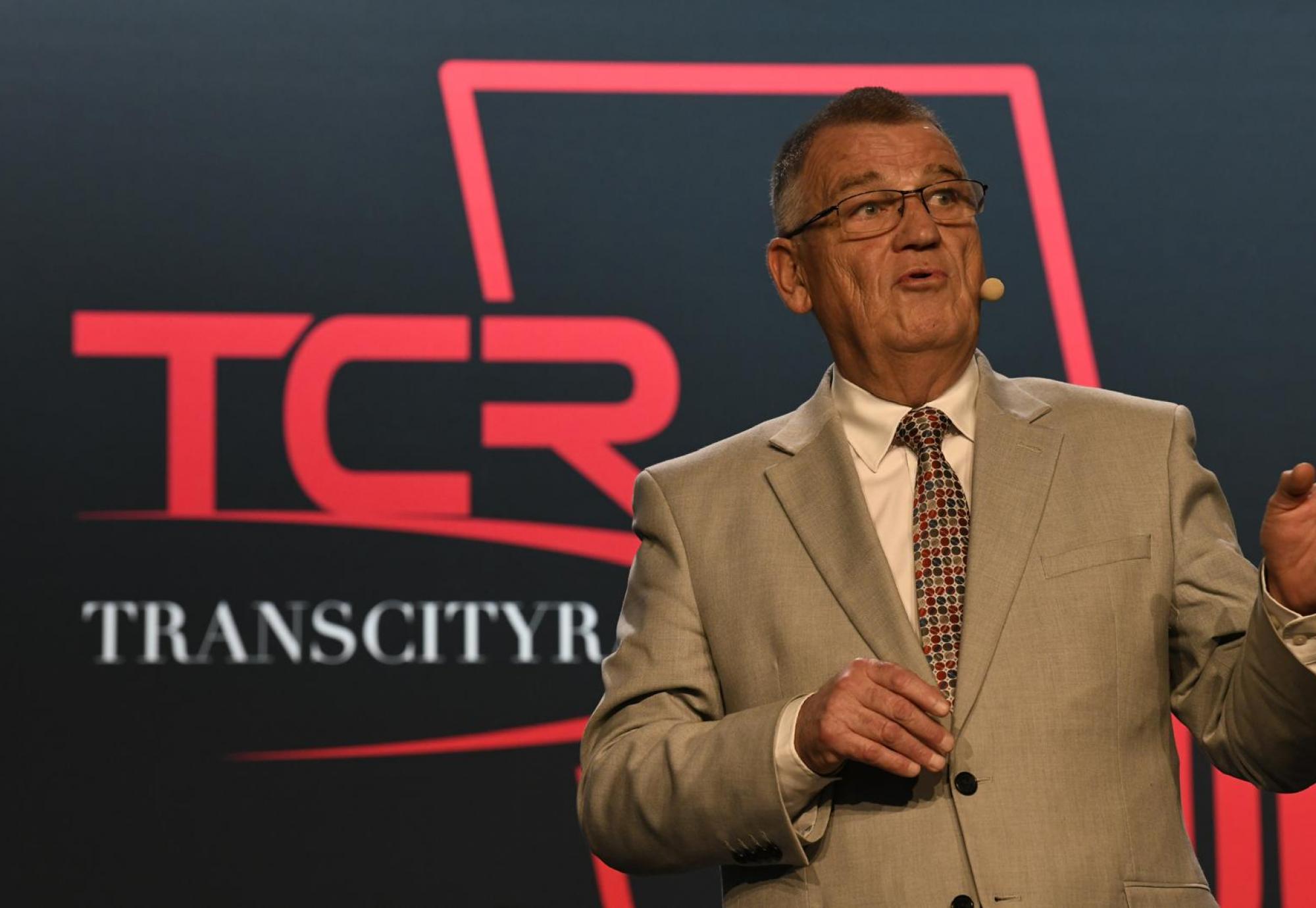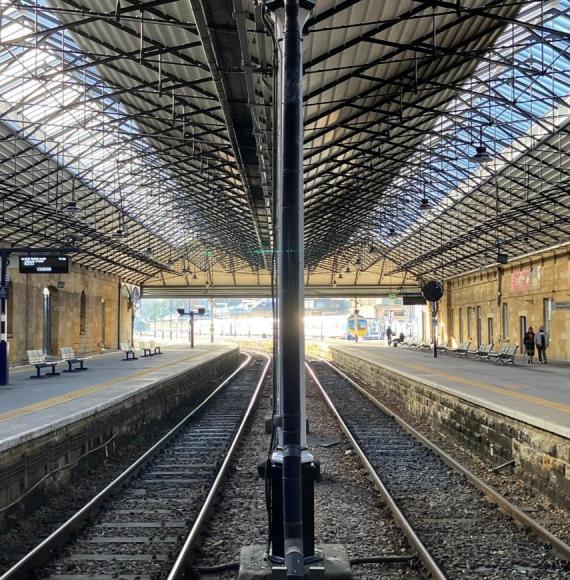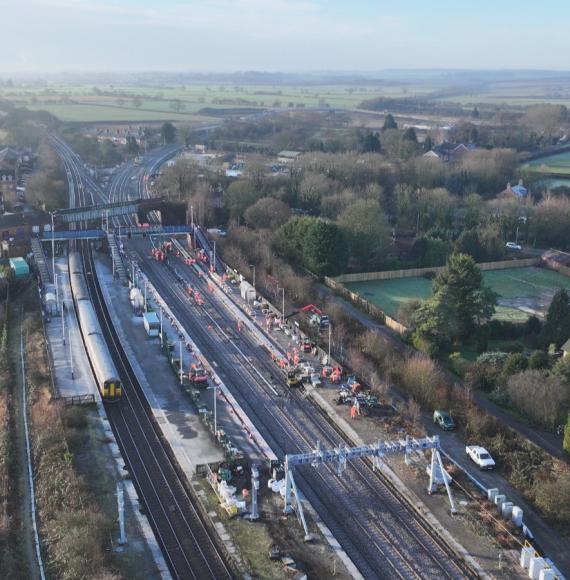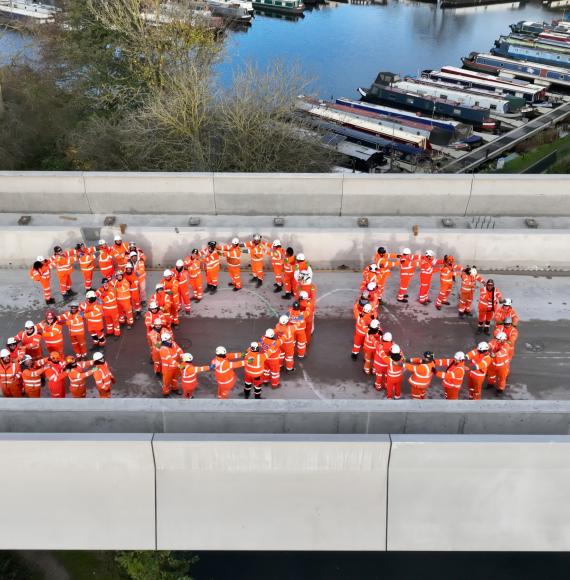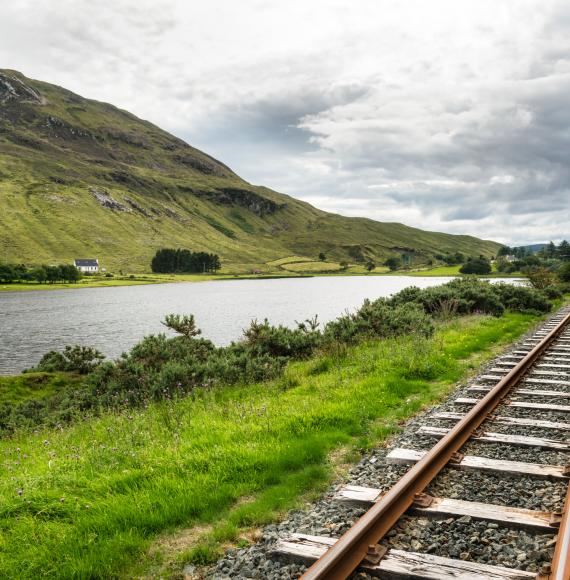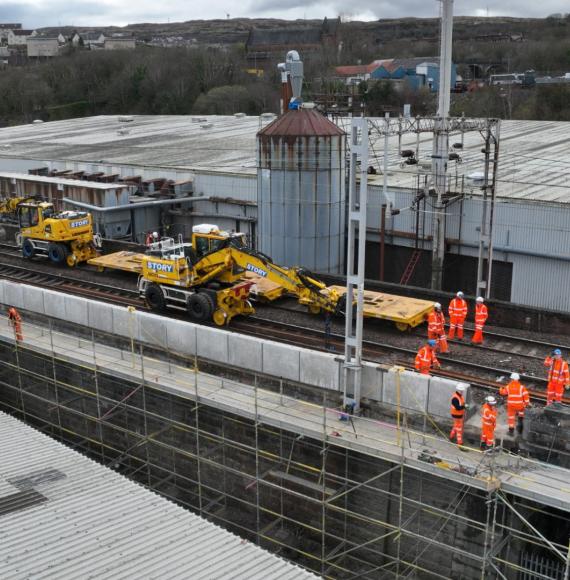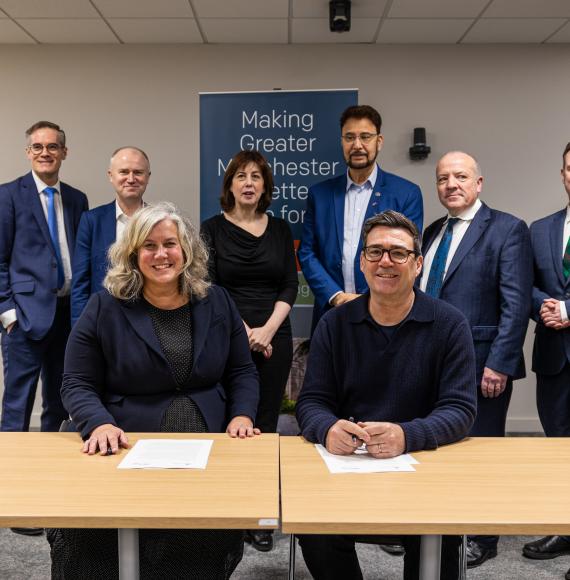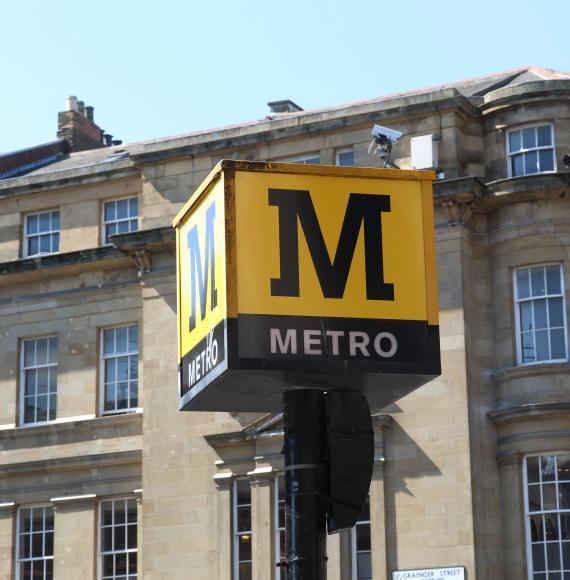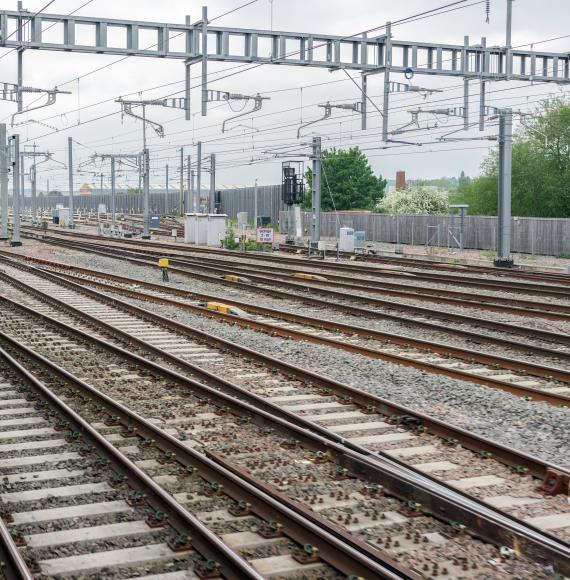At today’s Transcity Rail North conference, delegates were addressed by Councillor Martin Gannon, Deputy Mayor and portfolio holder for Transport, at the North East Combined Authority.
Whilst growth is part of the mission in the North East, and something that has been a hot topic recently when it comes to using the rail network to achieve the north’s potential, there are challenges being faced. Gannon told delegates:
“The reality is that the North East of England is grossly underserved, historically underinvested in terms of transport infrastructure.”
Despite this challenge, a potential solution has been identified. This comes through the Leamside Line, which was once part of the East Coast Main Line. As the line began the electrification process, the decision was made for the Leamside Line to not go through that work.
With transport challenges mounting in the North East, it has been found that the former line could be brought back into use, albeit with significant investment. Currently, there are still parts of the former line that exist, with rail still sat undeveloped on it. Work to bring this part of the network back into use comes as part of the newly formed North East Combined Authority’s plans to increase capacity on the region’s network.
Slow-moving freight is currently taking up a significant portion of the East Coast Main Line, however the utilisation of the Leamside Line would allow for that slow moving freight traffic to be diverted. The increased capacity that this would bring, would then allow nine passenger trains an hour to run on the Newcastle to Northallerton line.
In addition, the reopening of the Leamside line would give additional communities direct access to the rail and Metro network across the region. People in areas around the North East, such as Washington and Sunderland, would benefit from further connectivity, which will support economic growth, social inclusion, and a reduction in deprivation.
Whilst that project would cost around £750 million, Gannon went on to expand on the benefits that outweigh that investment. He said:
“We will make a significant contribution, and it will generate £90 million of additional income per year…
“Usage of the Metro system will also significantly reduce dependency on cars, which links to our ambition in terms of climate change. This is already part of our established vision.”

